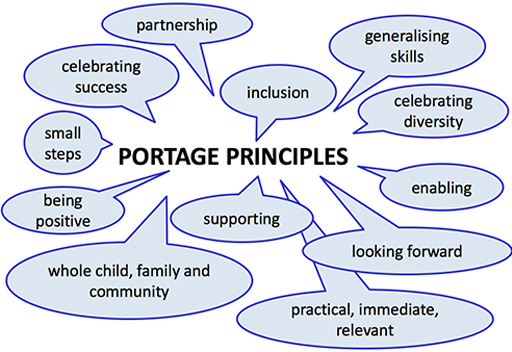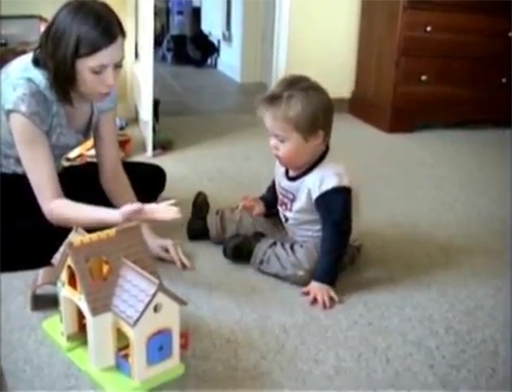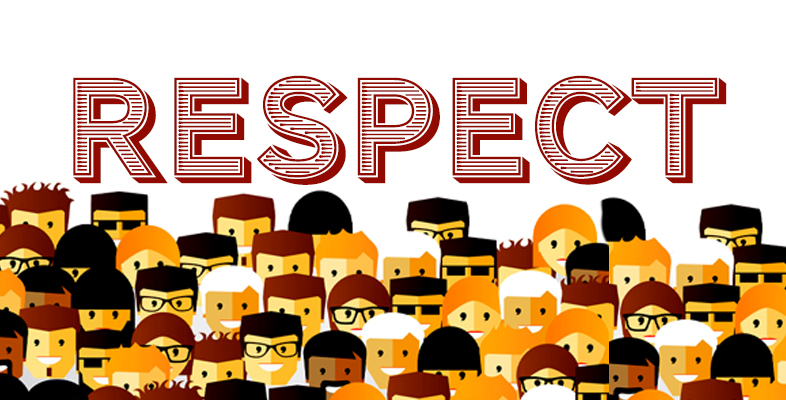4 Respecting relationship and power differentials
Whatever your discipline or area of interest, research with people involves identifying and taking into account differences in power. This is relevant whether you are researching people you know or don’t know. Power goes beyond obvious characteristics associated with age, gender, socio-economic status and cognitive capacity and may relate to wider cultural assumptions and expectations.
In the next two activities, you will have an opportunity to reflect on situations where power differentials need to be carefully considered.
Activity 8 Research and power in the workplace
Reflect back on Case study 3.2 [Tip: hold Ctrl and click a link to open it in a new tab. (Hide tip)] and imagine you are one of the leaders in the school who wanted to carry out research about assessment practices. This would involve interviewing teachers – including those you line manage – to find out more about their views.
Think about:
- whether you believe this study is justifiable
- what the teachers might be concerned about
- what you might need to discuss with the teachers to reassure them
- the advantages and disadvantages of you carrying out the interviews
- the other options you might have to meet the same research aims.

Activity 9 Research on portage home visits
Part A
To help you appreciate the kind of activities undertaken between home workers and children, watch this clip about Harry, a young child with Down’s syndrome.

In the introduction to the clip, an IEP is referred to. This means an ‘individual educational plan’, which is an action-planning document used to target and review interventions with children needing additional support.
Reflect on whose permissions would need to be considered before this filming could have taken place in a home setting and be shared on a public website.
Part B
Now listen to Jonty Rix introducing how he became involved with this topic and his reflections on having some personal involvement as both a parent and a researcher.
Transcript
Part C
For each of the following relationships Jonty, as the researcher, needed to plan for, choose two possible actions he could take to minimise the reduce the impact of power differences during his ethnographic fieldwork for each relationship.
Relationships between:
- A.the researcher and the child
- B.the researcher and parents
- C.the researcher and home visitors
- D.the parents and their child
Possible actions:
- show that nobody is being judged or evaluated
- plan several visits to build up trust
- show listening skills
- only observe or visit at agreed times and do not overstay agreed arrangements
- give information on the benefits of the research
- be observed to have comfortable presence with parents, increasing likelihood that you will be trusted by the child
- stop observations/recording if you feel that tensions are high, and parents or child become upset in a way that feels private (checking afterwards that this was appropriate behaviour)
- refer to your own experiences where relevant, of how a researcher can show their credibility and why they have the right to be conducting the research.
Answer
The following are possible answers you could have chosen; some of the actions might have been relevant for other relationships, too.
| Relationships | Actions |
| A. the researcher and the child | 6, 2 |
| B. the researcher and parents | 3, 8 |
| C. the researcher and home visitors | 1, 5 |
| D. the parents and their child | 4, 7 |
For further information, please see the National Portage Association website (make sure to open this link in a new tab/window so you can easily return to this page).
